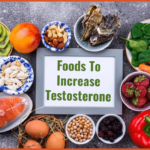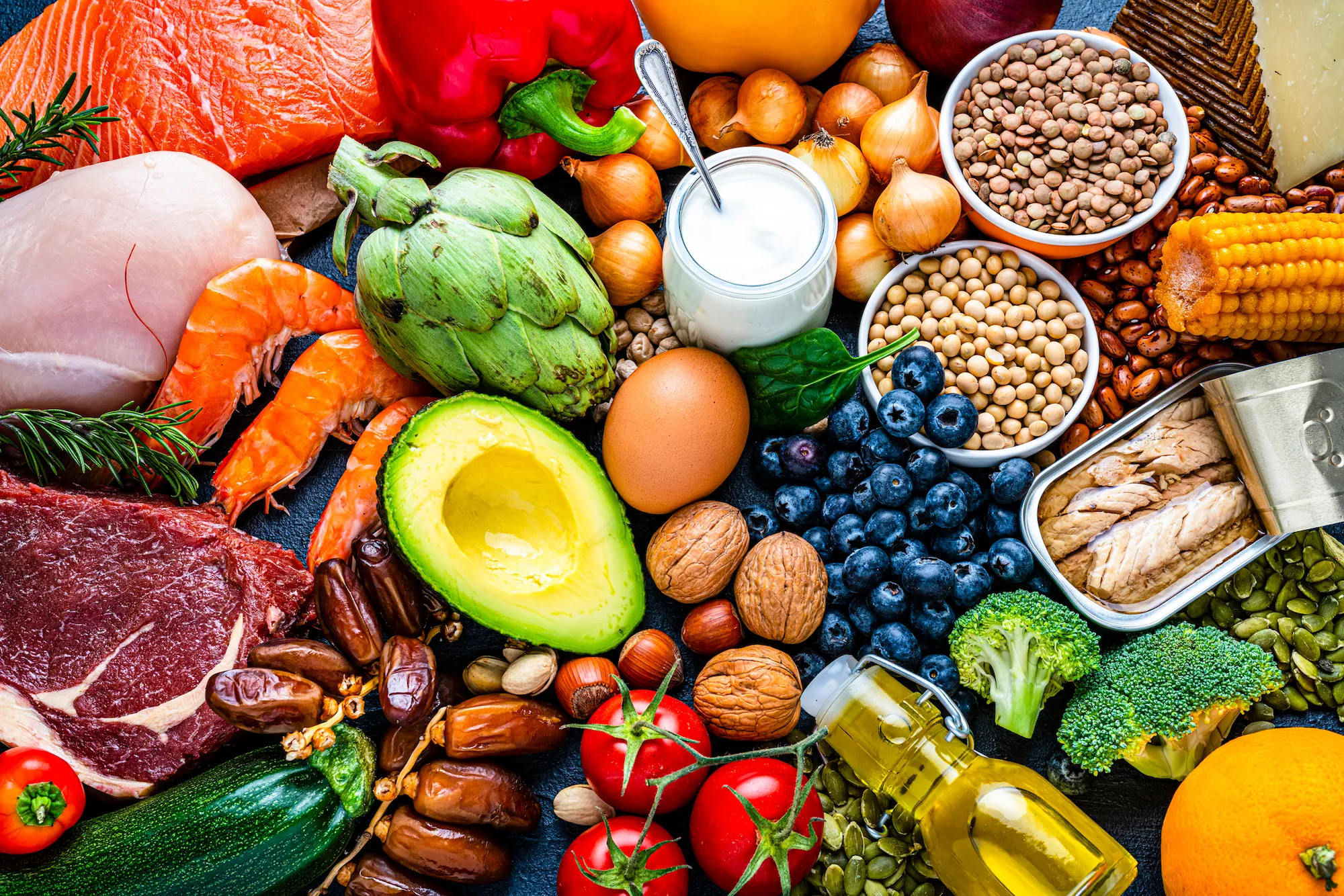Iron is an essential mineral that plays a vital role in maintaining good health. Here are the key reasons why iron is important in your diet:
- Oxygen transport: The primary function of iron is to help transport oxygen throughout the body. Iron is a key component of hemoglobin, a protein in red blood cells that binds with oxygen in the lungs and carries it to tissues and organs. Sufficient iron intake ensures that your body can adequately supply oxygen to all cells, enabling them to function properly.
- Energy production: Iron is involved in energy production within cells. It helps support the production and utilization of adenosine triphosphate (ATP), the energy currency of the body. Adequate iron levels are necessary for optimal energy levels and overall vitality.
- Cognitive function: Iron plays a crucial role in brain development and cognitive function, especially during early life and periods of rapid growth. It supports neurotransmitter synthesis, facilitating proper communication between brain cells and promoting optimal cognitive abilities.
- Immune system function: Iron is essential for a strong and healthy immune system. It enables immune cells to function effectively in defending the body against pathogens and infections. Insufficient iron levels can impair immune function and increase the susceptibility to infections.
- Red blood cell production: Iron is required for the formation of new red blood cells. It aids in the synthesis of hemoglobin and myoglobin, a protein that carries oxygen in muscle cells. Without sufficient iron, the production of healthy red blood cells is compromised, leading to a condition known as iron-deficiency anemia.
- Regulates body temperature: Iron contributes to proper thermoregulation, the body’s ability to maintain a stable internal temperature. Iron helps the body efficiently deliver oxygen to cells, facilitating cellular respiration and heat production.
- Supports growth and development: Iron is crucial for optimal growth and development, especially during periods of rapid growth such as childhood, adolescence, and pregnancy. It is required for the formation of new tissues, DNA synthesis, and hormonal regulation.
It is important to note that both iron deficiency and iron overload can have negative health consequences. Therefore, it is crucial to consume an appropriate amount of iron through a balanced diet and consult with a healthcare professional or registered dietitian for personalized advice on meeting your iron needs. Good dietary sources of iron include lean meats, poultry, seafood, legumes, nuts, seeds, and iron-fortified cereals and grains.











